In the realm of Nigeria’s telecom industry, the focus is on expanding internet access, particularly in underserved areas. The goal is to provide high-speed connectivity to every Nigerian, not just those in major cities. Despite having a vast network of fibre optic cables in place, many regions still lack adequate internet access, showcasing the challenges faced by the government.
Efforts are being made to bridge this digital divide through initiatives like establishing a national fibre backbone network. This network aims to enhance connectivity across all 774 local governments, ultimately boosting internet penetration and coverage for underserved populations. The target is to increase investment in this area significantly by 2027 to propel the country’s digital economy forward.
To fund these ambitious plans, the government is seeking $2 billion in investment, with the support of development finance institutions like the World Bank. A Special Purpose Vehicle (SPV) has been approved to oversee the deployment of the fibre network, with a focus on public-private partnerships to ensure its success.
However, challenges remain, such as varying state policies on right-of-way fees and infrastructure development, which can hinder progress. Industry experts are cautiously optimistic about the SPV’s potential but emphasize the need for industry practitioners’ involvement to ensure success.
While fibre optic deployment is a key focus, there are also discussions on blending this approach with satellite connectivity and other wireless solutions to address Nigeria’s diverse geography. The success of these initiatives will depend on various factors, including financial commitments, operational structures, and stakeholder engagement.
In conclusion, the path to achieving widespread internet connectivity in Nigeria is complex and requires a collaborative effort between the government, private sector, and other stakeholders. The success of these initiatives will be measured not just by the amount of fibre laid but by the strategic vision and partnerships established to drive Nigeria’s digital future.


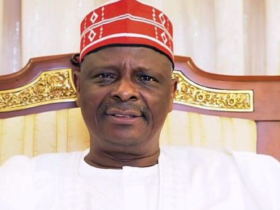
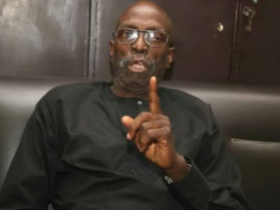

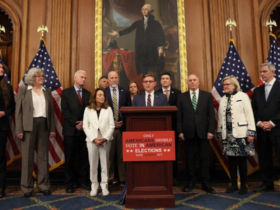




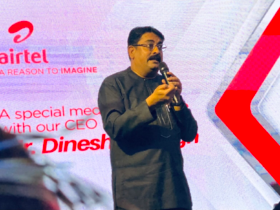





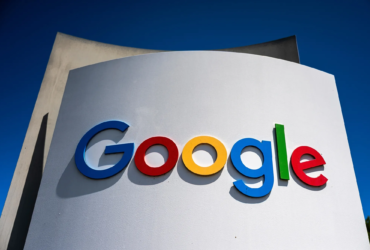

Leave a Reply